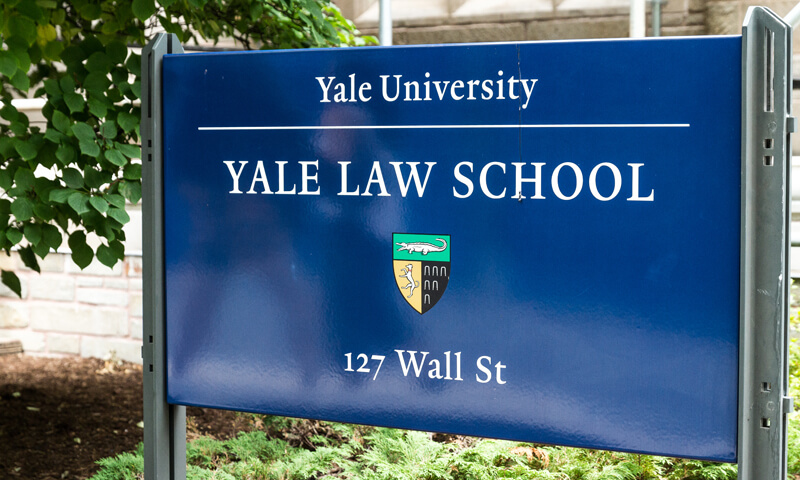In recent years, thirty-one U.S. federal appeals court judges have collectively attended privately-funded seminars at upscale resorts on a staggering seventy-six occasions. These events, ostensibly labeled as educational seminars, are now under scrutiny as a judicial watchdog group, Fix the Court, contends that they resemble paid vacations more closely than genuine educational pursuits. This revelation has prompted the nonprofit organization to review ethical protocols governing judges’ participation in such seminars.
In an official communication addressed to Roslynn Mauskopf, the U.S. District Judge heading the Administrative Office of the U.S. Courts, Fix the Court expressed concerns over the nature of these seminars and urged for increased transparency and adherence to ethical standards. Based on disclosure reports, the watchdog group’s examination of judges’ seminar attendance revealed potential disparities in the information provided, suggesting a need for further investigation.
While regulations enforced since 2007 require judges to disclose instances where private organizations cover over $480 in travel, lodging, and related expenses for attending educational programs, Fix the Court’s analysis indicates a potential discrepancy between the stated purpose of these events and their actual content. According to the group, the seminars attended by numerous appeals court judges bear a closer resemblance to extravagant vacations than legitimate opportunities for professional development within the field.
See also: Supreme Court Justice Clarence Thomas Reportedly Indulged in a Range of Luxury Perks
Fix the Court raised concerns about the luxurious nature of the accommodations, coupled with the ideological leanings evident in some seminars. The organization pointed out that such features could run counter to the ethical obligations outlined in Canon 2 of the Code of Conduct for U.S. Judges, which emphasizes avoiding impropriety and maintaining a perception of impartiality in all activities.
Get ahead of the competition and find the best legal jobs with BCG Attorney Search.
A specific example cited in the communication involves an event hosted by George Mason University’s Antonin Scalia Law School. The weeklong seminar, attended by five judges, took place at the Alyeska Resort in Girdwood, Alaska, a renowned ski resort. The presentations delivered during the event were characterized as having a more partisan slant than expected from a purportedly nonpartisan educational forum. One presentation, titled “bad” Supreme Court decisions, included reading material criticizing the 2015 Supreme Court ruling legalizing same-sex marriage nationwide.
Notably, the attending judges were all appointed by Republican administrations. Among them, U.S. Circuit Judge Douglas Ginsburg of the D.C. Circuit was identified as the judge with the highest count of resort-based seminar attendance, participating in twelve out of the seventy-six events tracked by Fix the Court.
Additional judges on the Alaska trip included U.S. Circuit Judges Don Willett of the 5th Circuit, Frank Easterbrook of the 7th Circuit, and Danielle Forrest and Lawrence VanDyke of the 9th Circuit. Requests for comments from these judges remained unanswered at the time of reporting.
The revelations have prompted Fix the Court to request a collaborative effort between U.S. District Judge Roslynn Mauskopf and the Judicial Conference, the policymaking body of the judiciary, to further examine the nature of these seminars and to establish more comprehensive reporting requirements for judges’ financial involvement in such events.
As of now, the Administrative Office of the U.S. Courts has not issued an immediate response to the concerns raised by Fix the Court. The organization’s call for enhanced ethical oversight and financial transparency could potentially lead to revisions in how judges’ participation in privately-funded seminars is regulated and disclosed, thereby reinforcing the judiciary’s commitment to maintaining a high standard of integrity and impartiality.
Don’t be a silent ninja! Let us know your thoughts in the comment section below.






































